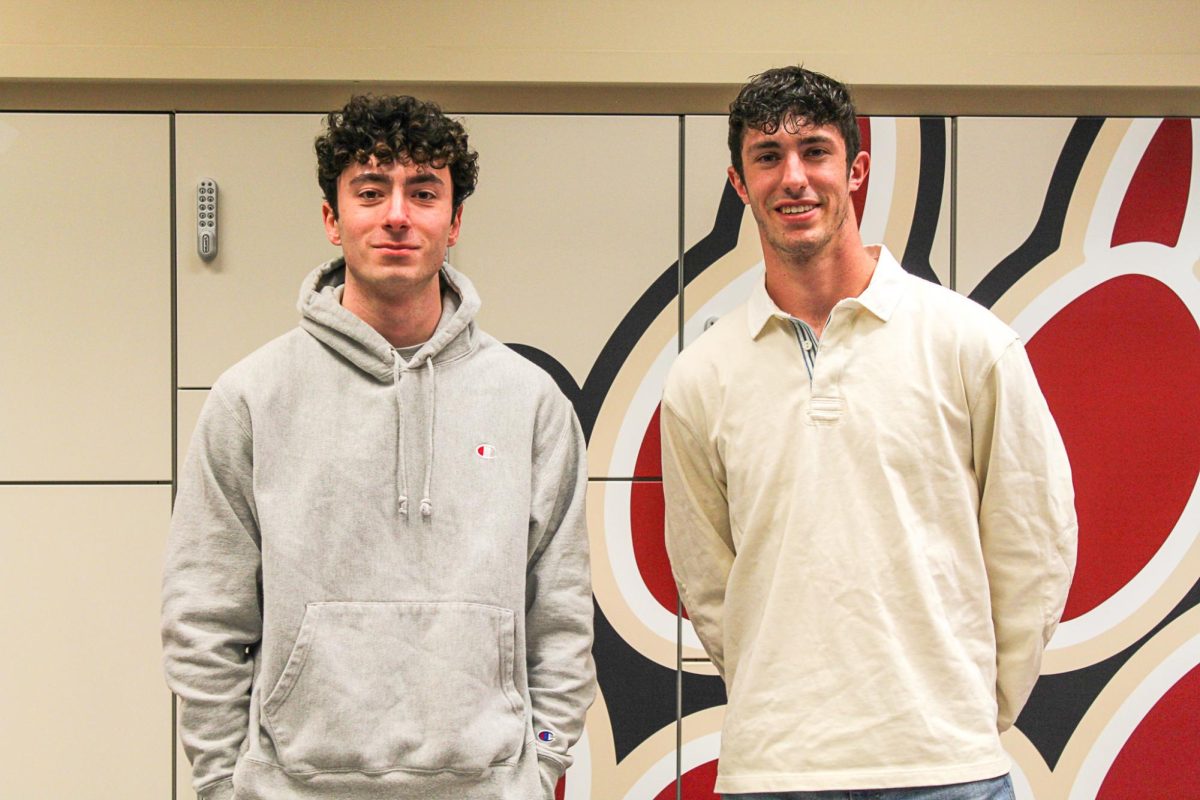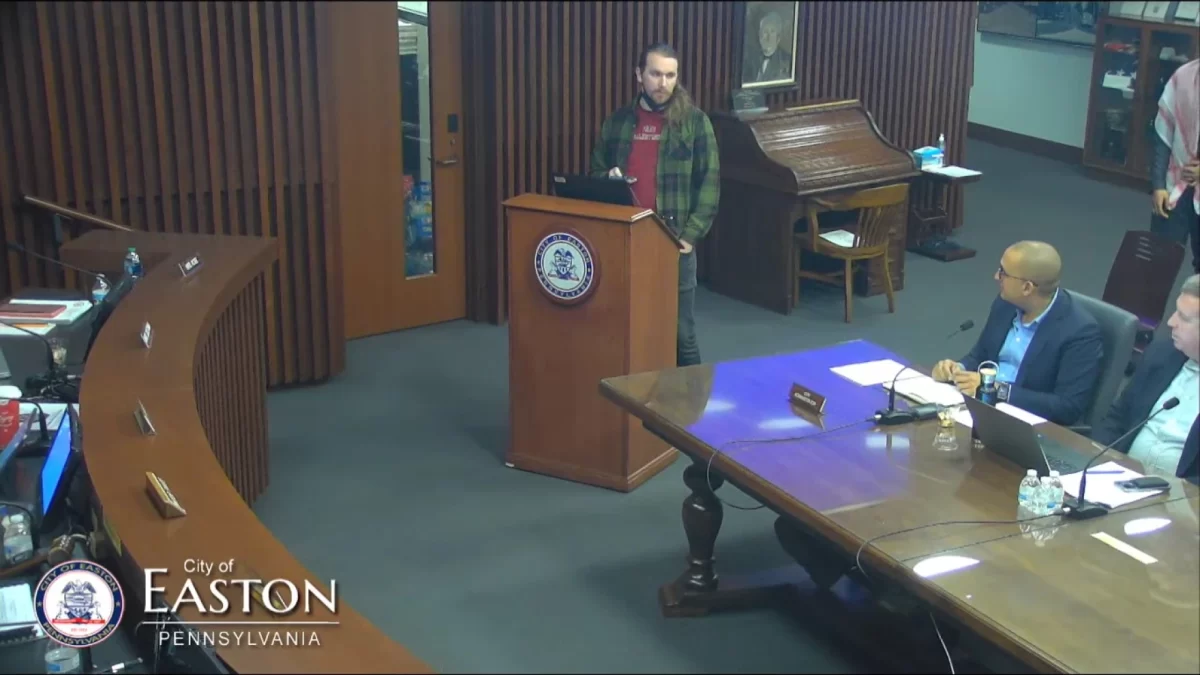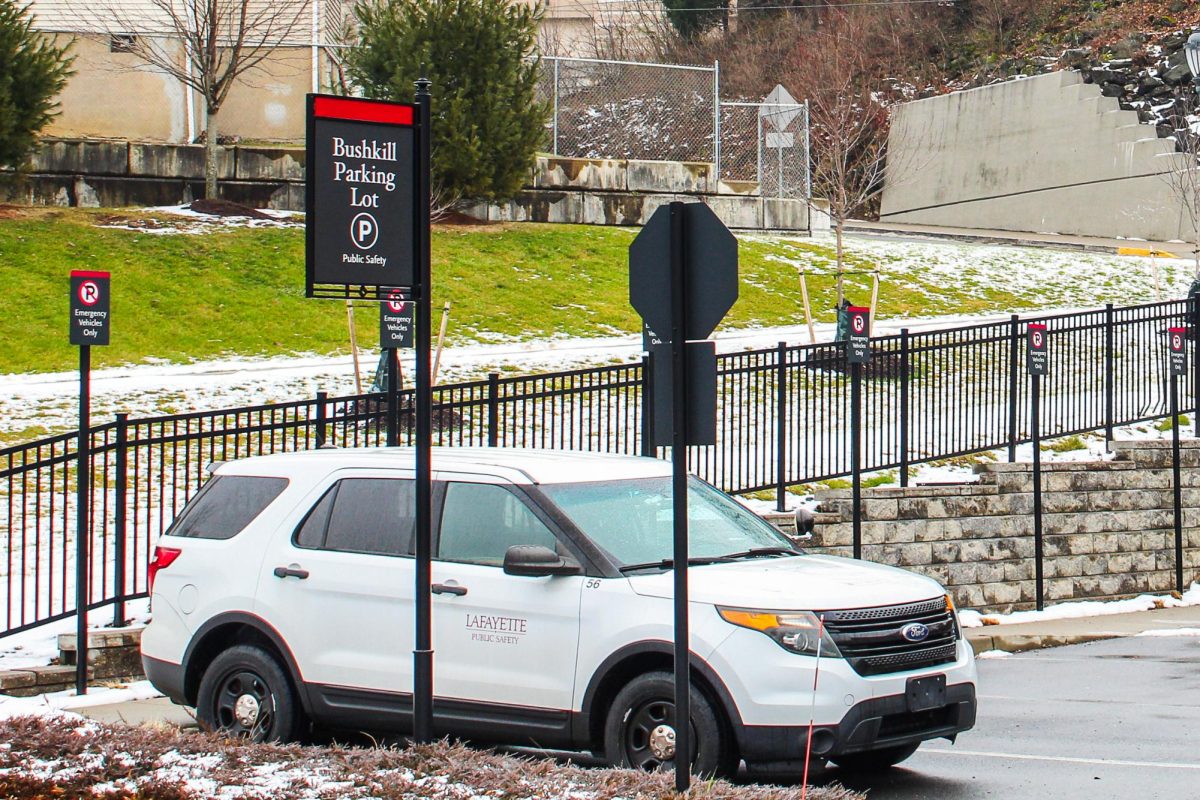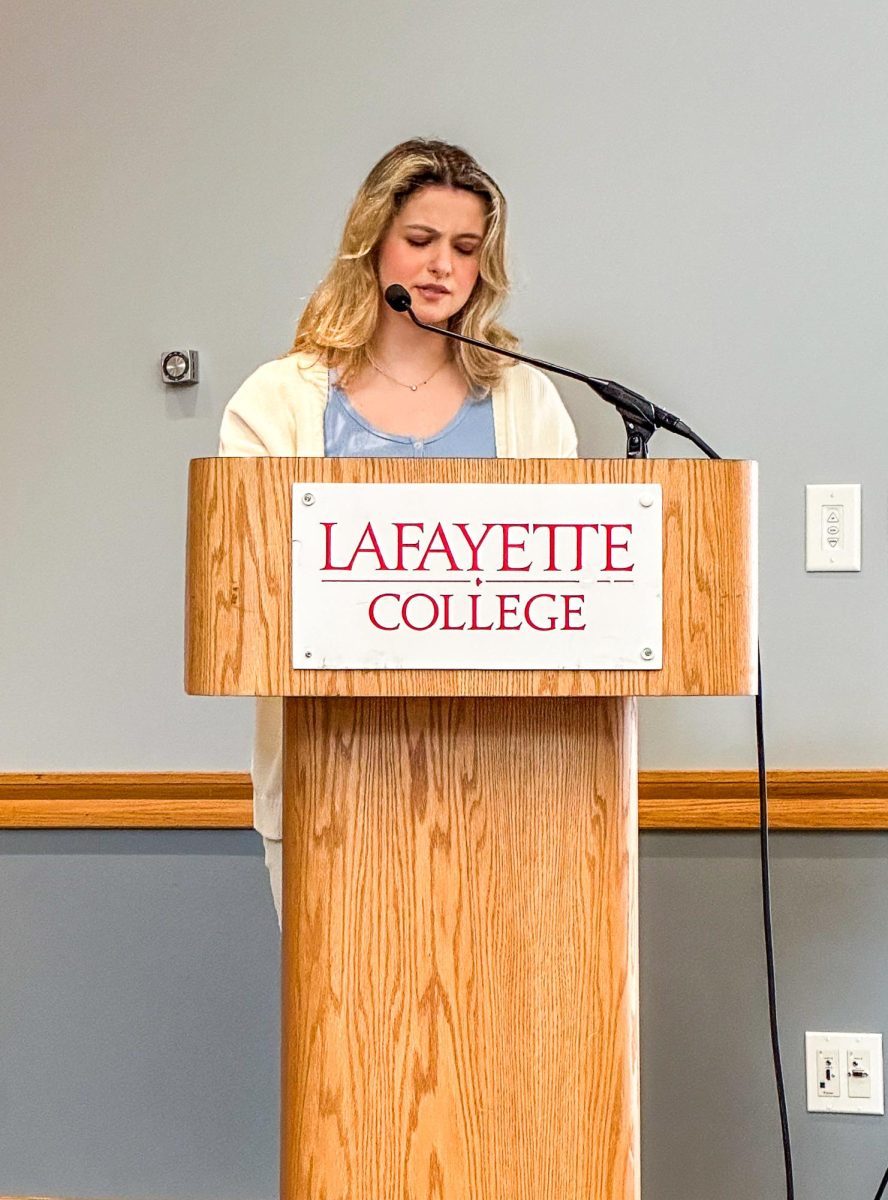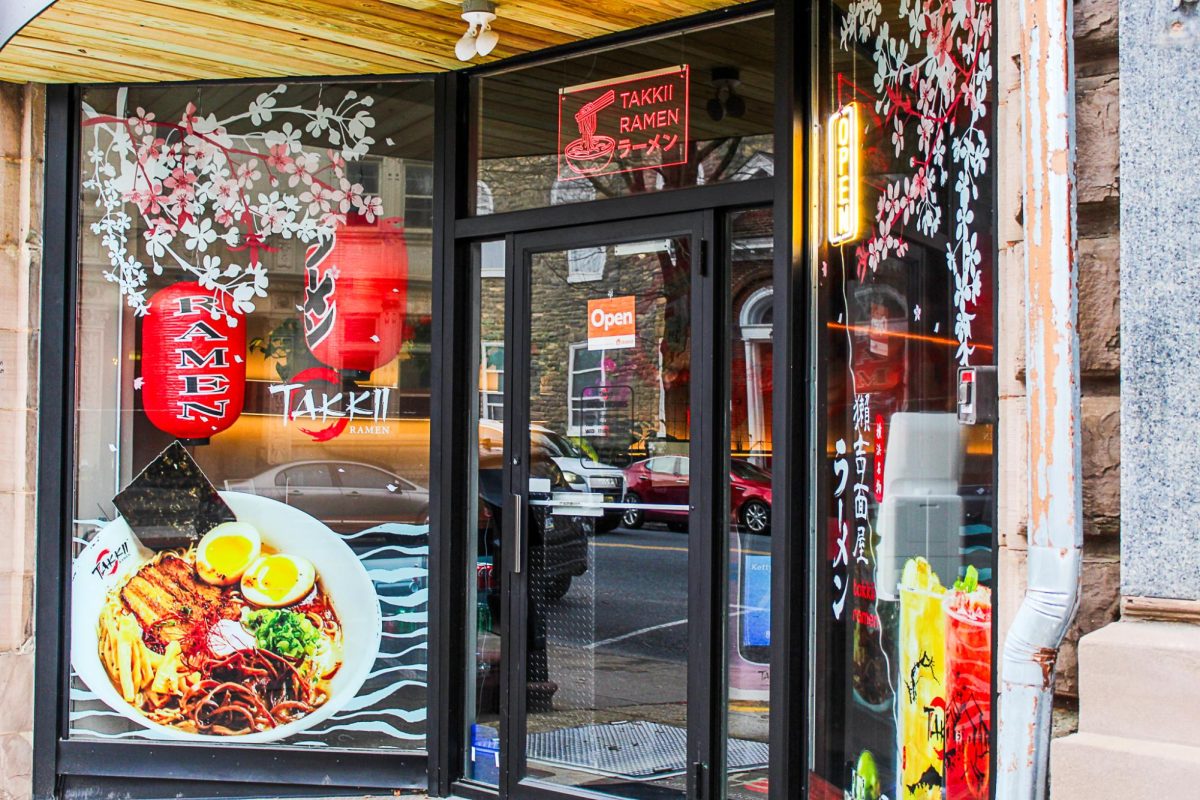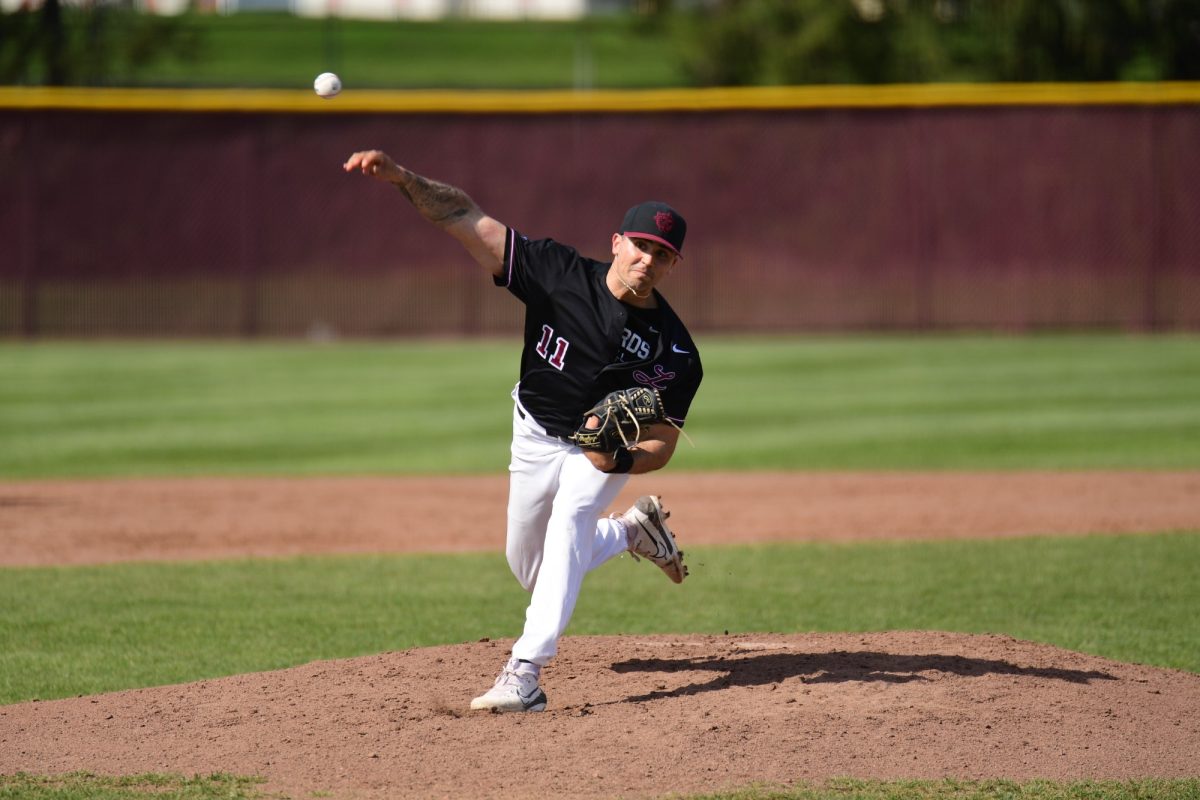While nearly two dozen Good Samaritan calls have been reported already this semester, the college says that the number of students drinking five or more drinks a night has declined over the past five years. Lafayette typically sees between 20 and 30 students who are hospitalized in a year for alcohol-related issues reported by their friends, Vice President of Campus Life Annette Diorio said earlier this month.
The Good Samaritan policy allows students to seek help for dangerously intoxicated individuals without consequences for the caller or the person in need. So far this semester, there have been 21 Good Samaritan calls reported in the crime log.
While the number is “a bit higher than last year by this point in the semester,” Diorio wrote in an email, that is not necessarily a different statistic than past years due to slightly higher enrollment and the fact that a description of the policy was left in student mailboxes early in the semester.
Freshman McCrae Williams died in September from head trauma resulting from a fall he took after drinking alcohol during the day. While his friends thought he was recovering from alcohol use, he laid in bed for nearly a day before being brought to the hospital and died the next day. Everett Glenn, also a freshman at the time of his death in May 2012, was the last student to die from alcohol use at Lafayette.
Pscyhology professor John Shaw, who did an independent study with Amanda Baildon ’19 on how colleges combat binge drinking, said that he feels there needs to be a change in how students consume alcohol.
“College students have been abusing alcohol for as long as anyone can remember. However, in my opinion the manner in which alcohol is abused has changed over the past few decades…When I was in college…students did get drunk, but it often seemed to be an unintentional side effect of drinking,” Shaw wrote in an email. “Today it seems like more and more students intend to drink to get drunk or even to black out.”
Baildon and Shaw’s research culminated in a 30-page paper that acted both as a summary of the research and a proposal for changes that can be made here at Lafayette.
One of the event-runners of Alcohol Awareness Week, Baildon held two discussions on “Changing the Drinking Culture at Lafayette.”
Diorio, however, offered a different outlook on alcohol use at Lafayette than Baildon and Shaw.
“We have an active Alcohol Oversight Committee that constantly reviews our policies, programs and procedures. Over the past five years students drinking at the highest levels (more than 5 drinks in a single event) have consistently declined. 90 percent of Lafayette students do not approve of high risk drinking (blackouts, vomiting),” Diorio wrote.
However, Baildon and Shaw both feel this trend is problematic. Baildon’s programs for Alcohol Awareness Week sought to help make changes by “making talking about alcohol less taboo, using real stories, [and talking] about healthy ways to drink,” while encouraging everyone in attendance not only to be healthy themselves, but to help the people around them make good choices.
Baildon’s main focus was not to change that college students drink, but rather the way they do it, she said.
“My biggest concern is that these unhealthy drinking habits have become so normalized. Throwing up is seen as a normal side effect of alcohol, but it’s not. Blacking out is seen as a normal side effect of alcohol, but it’s not,” Baildon said.
These programs were intended to act as student spaces, where a non-judgmental atmosphere could lead to honest discussion of what goes on at Lafayette, Baildon said.
“This [was] not a discussion condemning any use of alcohol, but more of a reflection on how alcohol is treated on our campus and if or how we should change that,” said Caroline Mannix ’20, who attended the event.












